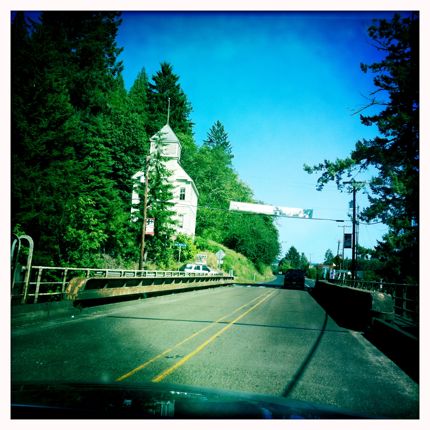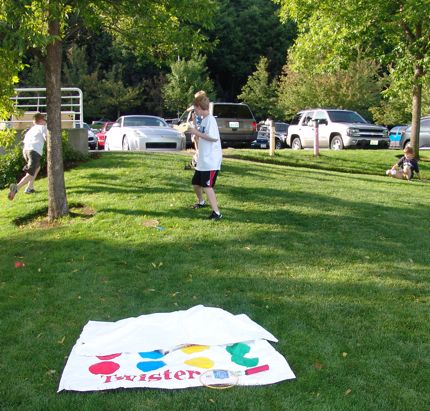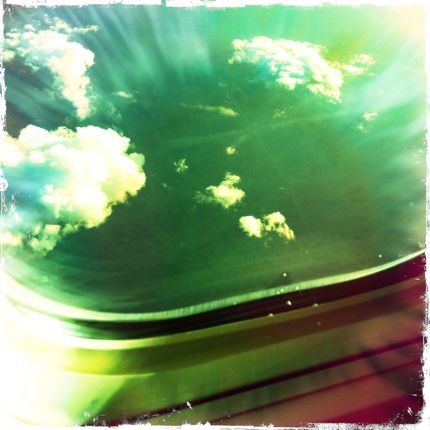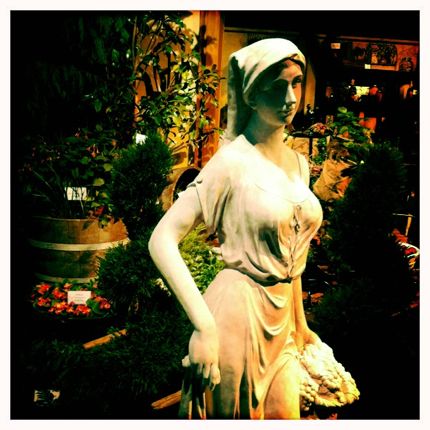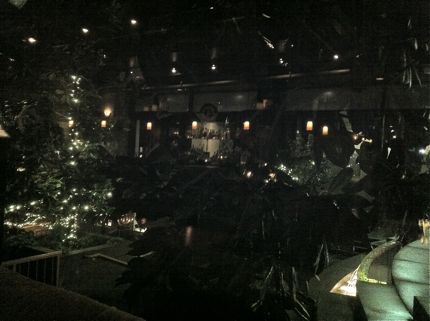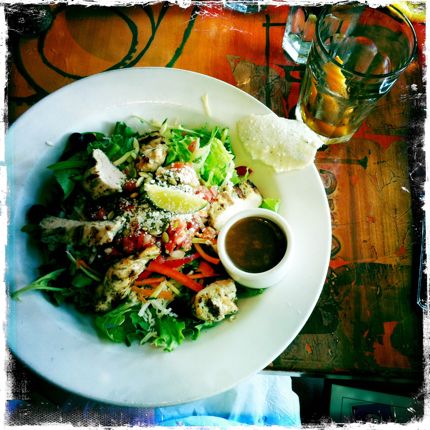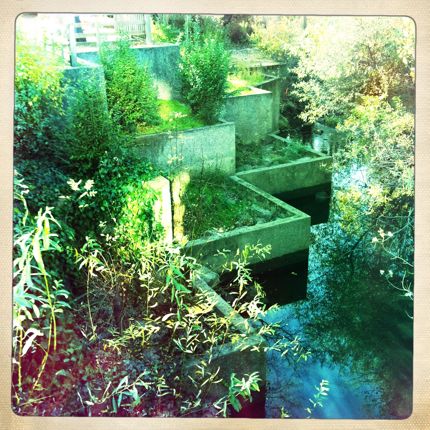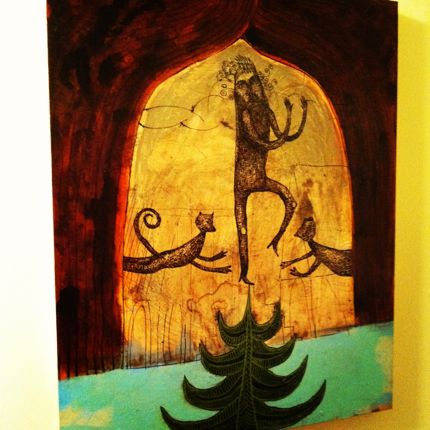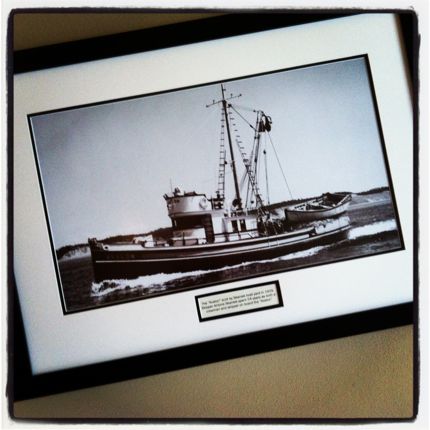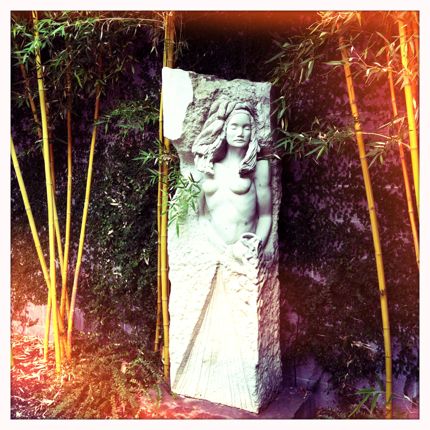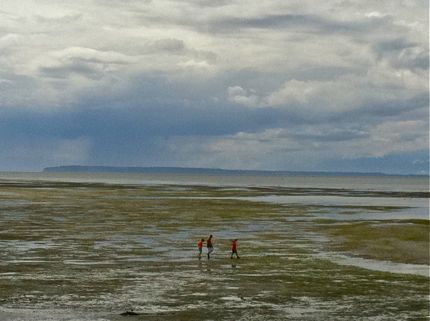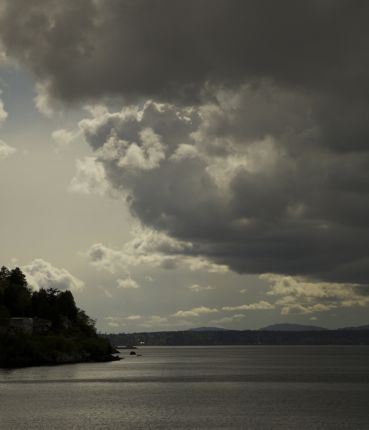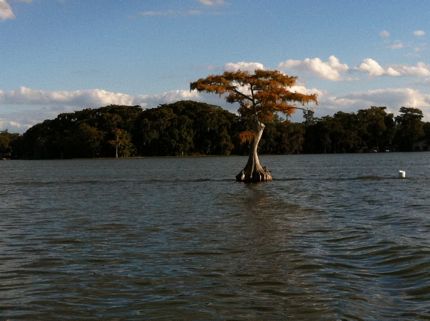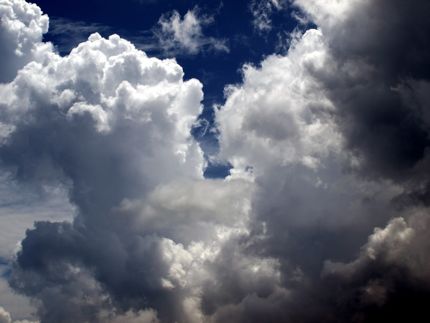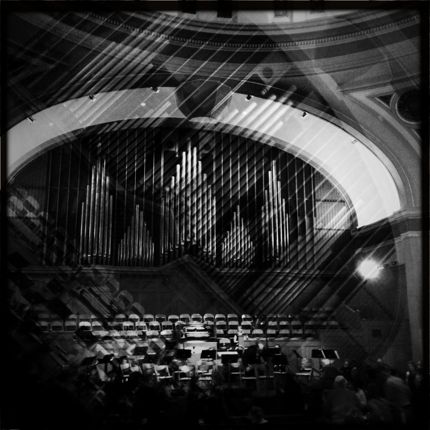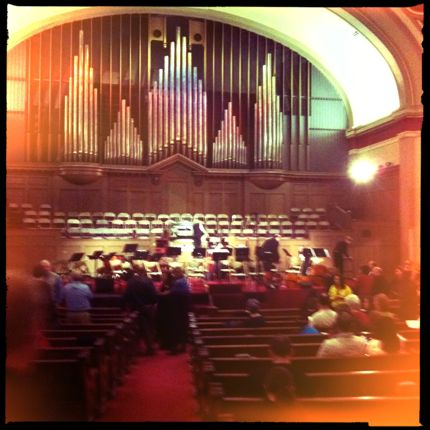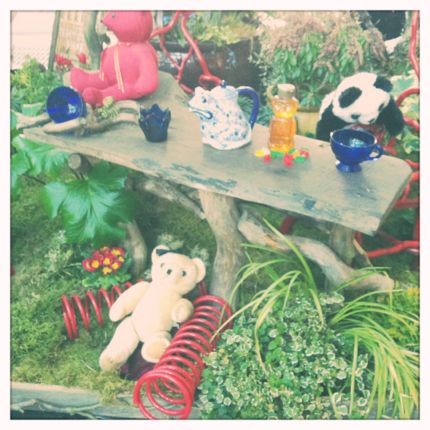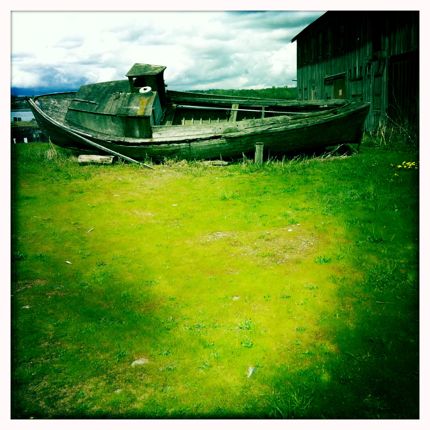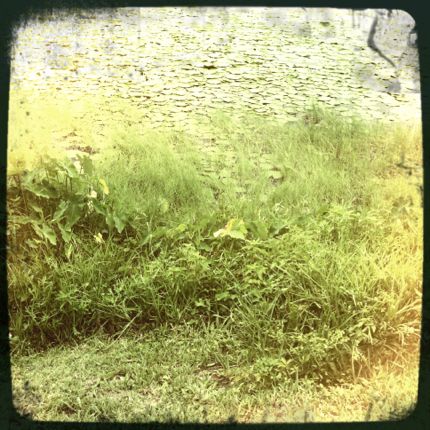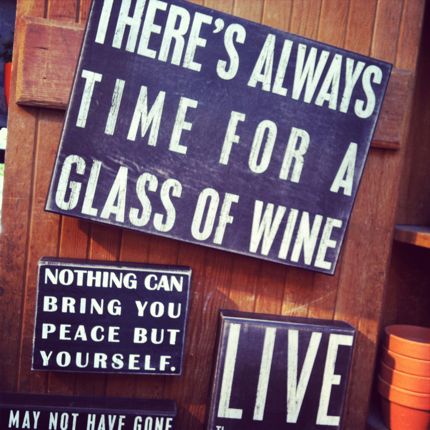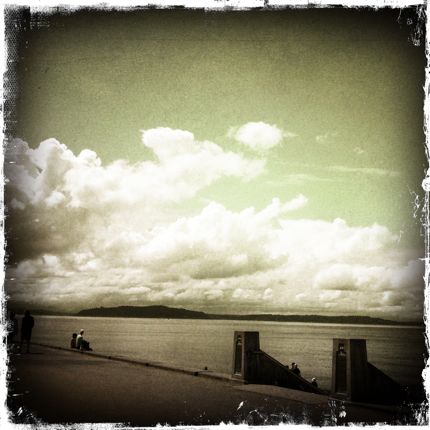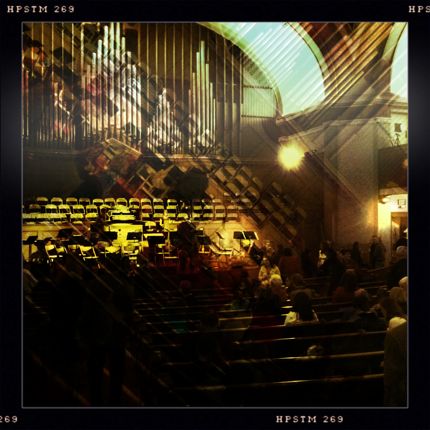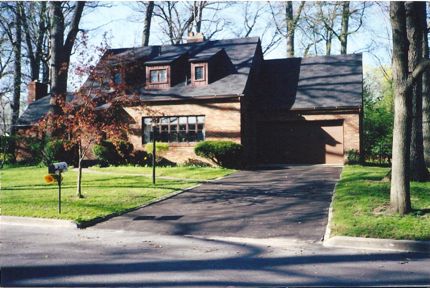In these days when mayhem is rampant all across the globe and civility is something we’ve almost totally lost in our lives, how do we balance liberation and constraint?
Our frequent guest columnist John Paul Carter, whose “Notes From the Journey” column appears on The Weatherford Democrat‘s Religion page on the second and fourth Fridays of each month, probes this question in the following essay. John Paul is an ordained minister who attends Central Christian Church. Thanks for your wise words, John Paul!
I remember as a teenager longing for more freedom and constantly pushing against the limits placed upon me.
Looking back, I realize that those resisted restrictions were as significant in shaping my life as the independence that I managed to gain.
In the years that have followed, my life has been enriched by the continuing interplay between liberation and constraint – both inwardly and outwardly imposed.
In my little red book in which I’ve recorded bits of truth that have guided my life, there’s a quote from the Quaker theologian Elton Trueblood: “Freedom is found only in the voluntary acceptance of discipline.”
This tension between freedom and regulation, liberty and restriction, self-determination and restraint, autonomy and limitation has been an issue in human affairs from the very beginning. Although the pendulum sometimes swings wildly from one extreme to the other, history seems to confirm that we humans function best when there is a good balance between freedom and constraint.
The stories from our faith history provide some perspective into this ongoing, paradoxical struggle.
In the Old Testament, the first thing God did after freeing the Israelites from Egyptian slavery was to lead them to Mount Sinai. There, before they entered the Promised Land, the Lord made a covenant with them based on the Ten Commandments. Ironically, Moses, the liberator, became the law giver.
When Jesus came centuries later, the law had been so expanded that the people were being crushed by its many rules and regulations. Although Jesus fought to free them from those excesses, he also adamantly maintained, “Think not that I have come to abolish the law and the prophets; I have come not to abolish them but to fulfill them.” A faithful reading of the Gospels cannot deny the tension between freedom and discipline in the ministry and message of Jesus.
Indeed, the early church, as reflected in Paul’s letters, was often engaged in lively discourse about where to draw the line between free grace and required morality–between faith and works.
If we believe in humanity’s god-given potential and creativity, then we must champion freedom. On the other hand, if we believe in our sinfulness and selfishness, then we must affirm the necessity of communal-restrictions and self-discipline.
History, reason, and faith all witness to the need for both freedom and regulation in every facet of our lives, personal and corporate. The fullness of life that we seek as individuals, families, and a nation depend on our resisting the temptation to lapse into an “either/or” monologue. Our future welfare rests on improving the quality of our “both/and” dialogue between autonomy and constraint as we seek our common good.
Photo by Braiden Rex-Johnson


